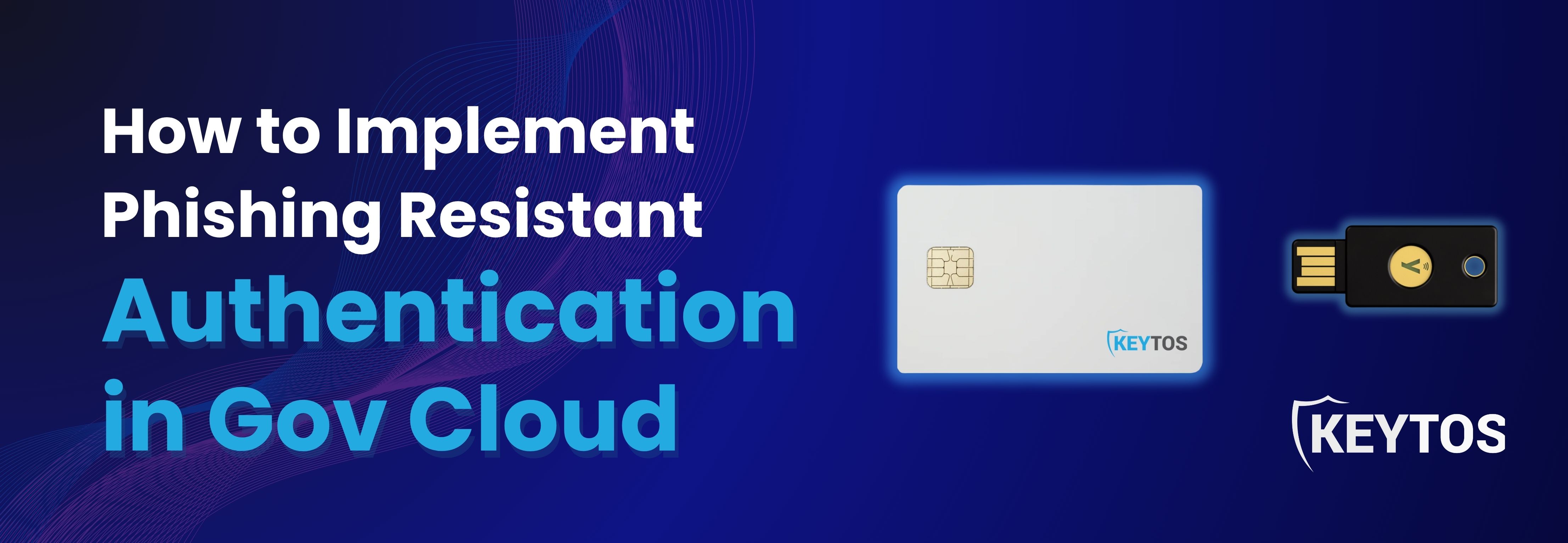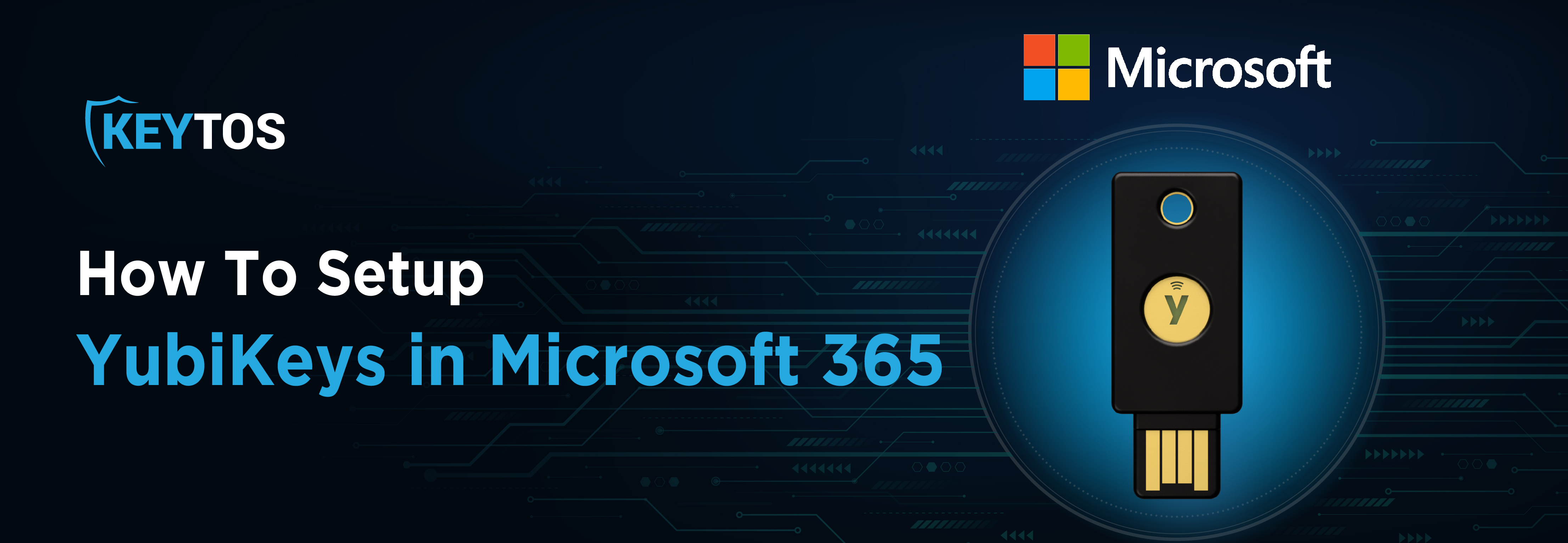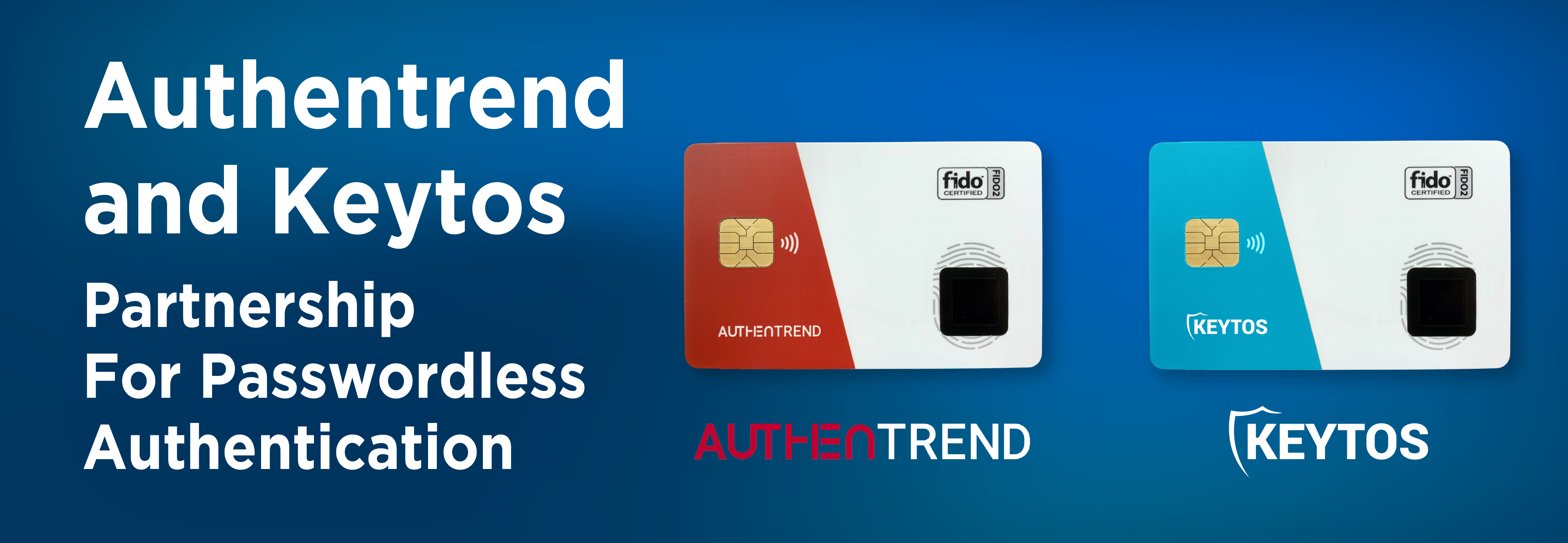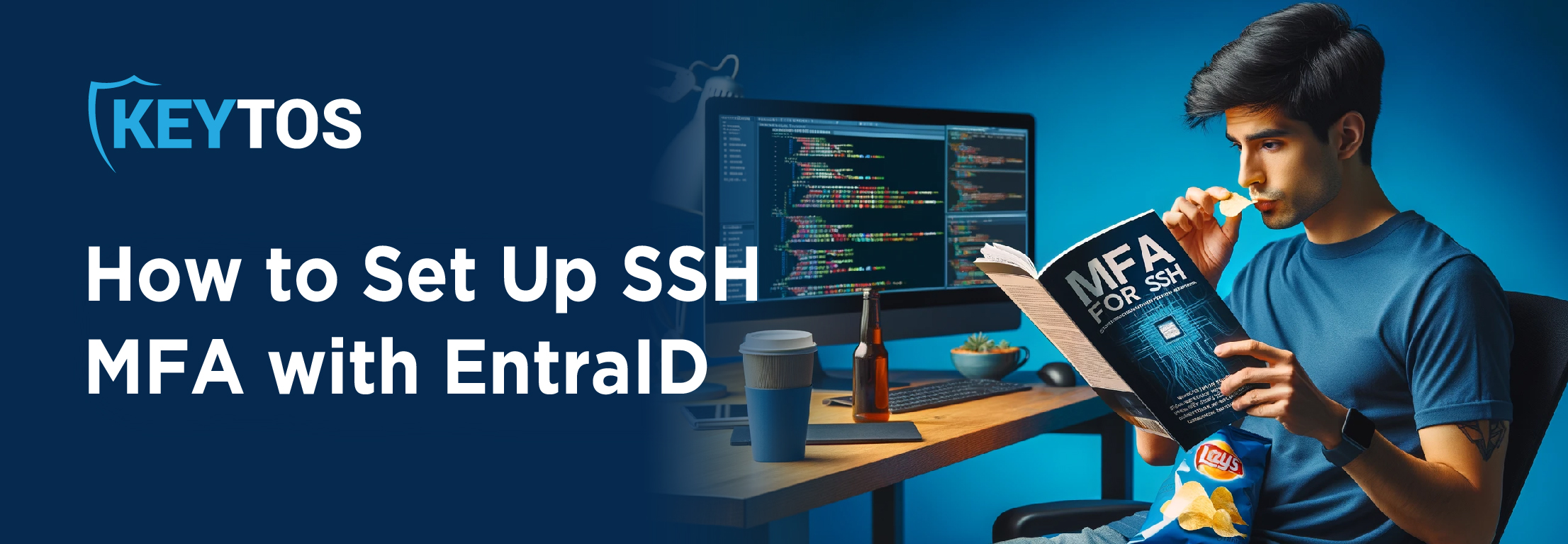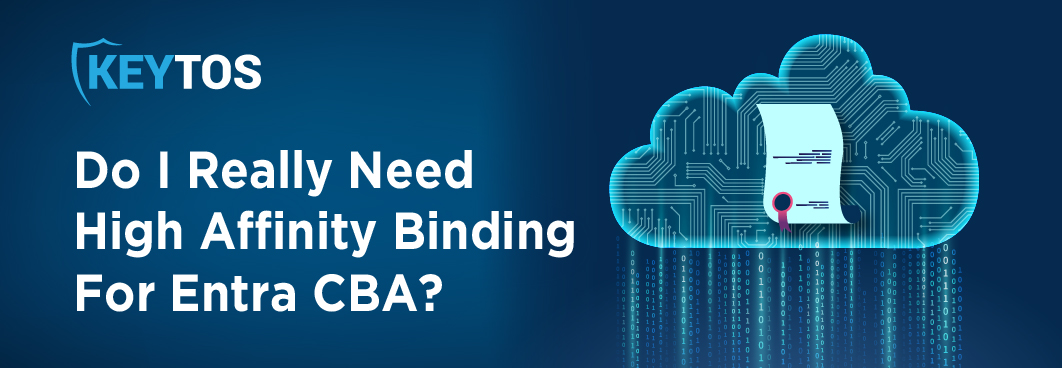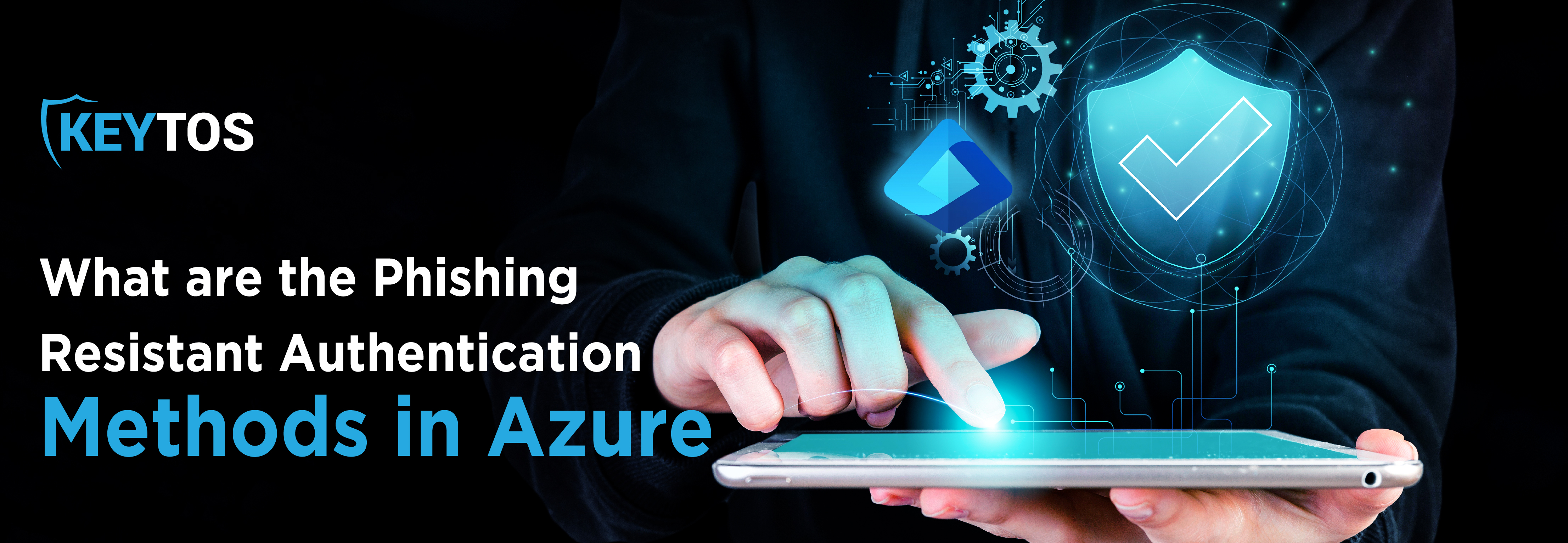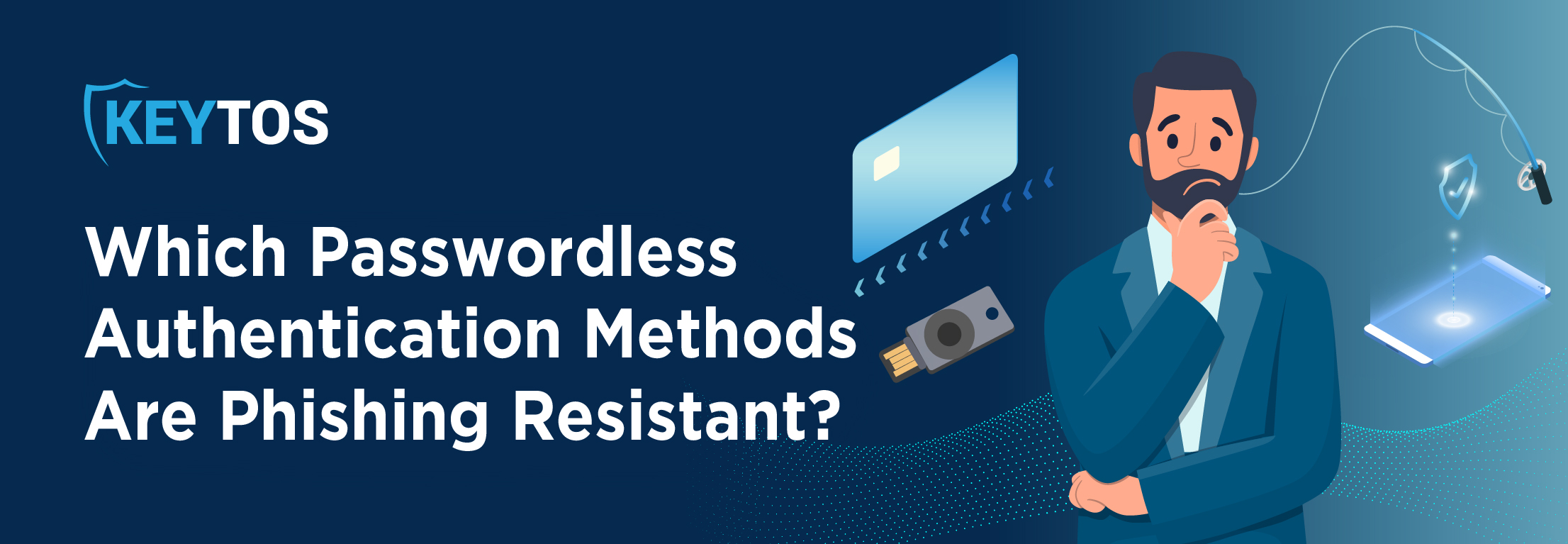
What is Entra CBA High Affinity?
December 14, 2025
 Keytos Team
Keytos Team
Entra CBA High Affinity is a validation mode in Microsoft Entra CBA that allows organizations to map a certificate to a user account in Entra ID but do you need it? Learn how to enable High Affinity in Entra CBA



 Aaron Crawfis
Aaron Crawfis
